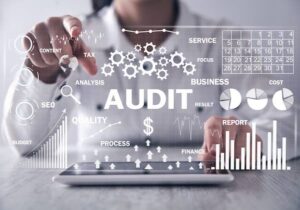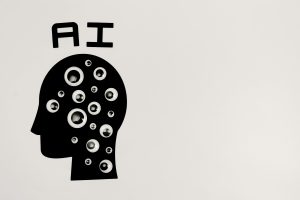Writing Effective Audit Reports: Master Class
Course Fee:
OBJECTIVES
At the end of this workshop training, Participants will be able to learn the following:
• The Deming quality management concept as it applies to report writing
• The five components of a well-written Finding and Recommendation
• Writing to achieve results in audit reports
• The six most common editing problems
• The six most useful editing techniques
• Common errors in an audit report
CONTENT
Issue Prewriting
• Plotting the report at the beginning of fieldwork
• Methods for consistent client communication
• What an audit issue describes
• writing formula and the air: key elements in any issue
Issue Writing: Supporting the Issue
• Key differences between causes, conclusions, and evidence
• The sweet spot of supportive detail: not too much and not too little
Assessing the Root Cause
• Steps to effective root cause analysis (RCA)
• The difference between issue, symptom, and root cause
• Strategies in RCA
• When and how to engage the client in RCA
• Reporting root causes: positive vs. negative wording
Writing Strong Business Risks
• Purpose of a business risk
• Keeping common risks convincing (LIVe)
• Using action verbs to create change
Developing Effective Issue Statements: A Formula
• Title of an audit
• What an issue statement describes
• The 5-sentence burst
• Writing the issue statement
Developing Effective Recommendations
• Keeping recommendations SMART
• Using recommendations for issue follow-up
Clean Out the Junk and Get to the Issue
• Paragraphing and formatting
• Bullet lists, headings, fonts
• Passive voice
• Wordiness
• Ambiguity
• Negative wording
• Non-parallel structure
• Punctuation
Perfecting Writing: Writing Effective Emails
• Timing Your Communication
• Title
• Body
• Closing
• Final Email Writing Tips And Exercise
Improving Tone in Writing
• The Chicken Little Dilemma
• Connotations of Words
• Placement of Negation
• Sequence of Negation
• Relative Information
• How to Change Tone
Design Elements
• Instructional Design
• Graphics & Fonts
• Layering
• Using Sidelines and Flow
• Executive Summary Redesign Challenge
METHODOLOGY
The training methodology integrates lectures, interactive discussions, collaborative group exercises, and illustrative examples. Participants will acquire a blend of theoretical insights and hands-on practical experience, emphasizing the application of learned techniques. This approach ensures that attendees return to their professional environments equipped with both the competence and self-assurance to effectively implement the acquired skills in their responsibilities.
DATE:
1ST BATCH: 24th – 27th Mar,2026
2ND BATCH: 14th – 17th July,2026
3RD BATCH: 10th – 13th Nov,2026
Course Category
- Human Resource and Admin
- Finance and Accounting
- Internal Audit and Fraud Control
- Stores, Procurement and Supply Chain
- Information Technology
- Aviation and Maritime
- Banking, Investment and Insurance
- Business Communication
- Construction Management & Civil Engineering
- Engineering, Instrumentation and Maintenance
- Entrepreneurship and Business
- Hotel & Hospitality Management
- Law and Contract Management
- Management and Leadership
- Project Management
- Public Relations
- Public Sector
- Sales, Marketing & Customer Service
- Secretaries & Personal Assistants
- Transport & Logistics
- Security and Safety
More Courses
VENUE
25, Queen street, Alagomeji Bus Stop, Yaba, Lagos









